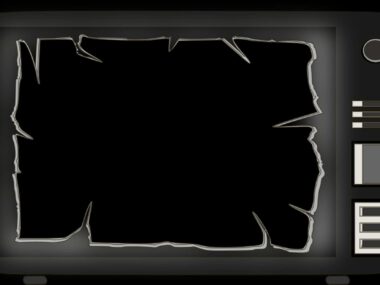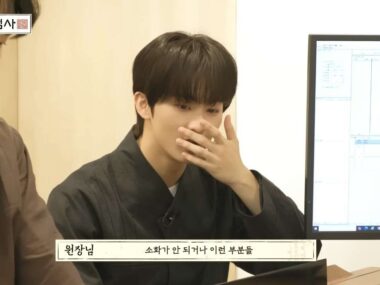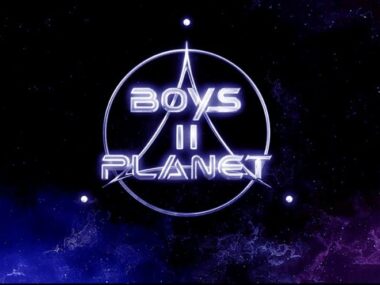Spotify’s getting sued over its Discovery Mode. Genevieve Capolongo, a Spotify subscriber and indie music fan, filed a federal lawsuit accusing Spotify of running what she calls a “modern form of payola.”
Capolongo claims that despite Spotify’s personalized playlists, she’ll get songs by major artists like Drake, Justin Bieber, and Zach Bryan. Because these artists aren’t in line with her listening preferences, she believes Spotify is being deceptive. Her argument is that Discovery Mode favors artists who pay for promotion, similar to the payola scandals from years ago.
How Discovery Mode Works
Honestly, this lawsuit was a long time coming. The feature has been controversial since the day it launched.
Discovery Mode was introduced in 2020 as a way for artists to “flag” tracks to be boosted in Spotify’s playlists like Spotify Radio, Autoplay, or certain Mixes. It doesn’t guarantee playlist spots or instant virality. What it does guarantee is exposure to a new audience. If you’re willing to pay. Artists and labels have to agree to a 30% reduction in their royalties. It’s not an upfront payment, but it’s still a transaction.
Spotify released a statement through Billboard defending Discovery Mode. The company pointed out that it’s optional. “Discovery Mode is a feature artists can use to flag priority tracks for algorithmic consideration in limited contexts. It doesn’t buy plays, it doesn’t affect editorial playlists, and it’s clearly disclosed in the app and on our website.”
Those denials ignore how the economics of streaming favors certain players. A 30% cut is nothing to a major label artist. To an indie artist trying to survive off fractions of a penny per stream, that’s a serious loss.
Eligibility for Discovery Mode depends on your distributor and audience size. The feature benefits artists who have a large following or are supported by their label. For all its talk about “accessibility,” it’s not exactly a level playing field.
Is Discovery Mode Just Payola For the Modern Era?
The comparison to traditional payola isn’t a stretch. Back in the day, record labels would secretly pay radio DJs to play certain songs. This created artificial hits, which manipulated listeners to believe that a song was “popular” when that wasn’t the case.
Discovery Mode updates the formula. Instead of paying cash under the table, it takes a portion of royalties. Instead of DJs, algorithms decide what rises to the top.
Critics have called Discover Mode “digital payola.” That it cheapens music discovery. Spotify says it empowers smaller artists, but how is that possible when access depends on which distributor you’re signed to?
Should a Listener Be the One to Sue?
Here’s where things get complicated. While Capolongo’s frustration is valid, is she the right person to bring this case forward?
Personally, I think this lawsuit would be more damaging if it was filed by a smaller artist. An indie artist could garner more sympathy by arguing that they can’t afford to lose 30% of their royalties. They could frame Discovery Mode as an unfair game where you lose out on exposure if you can’t afford to pay.
Still, this lawsuit shows that users no longer trust Spotify’s algorithms. Discovery Mode doesn’t just affect how artists promote their music. It affects what listeners’ playlists will sound like. Now, one of those listeners is demanding answers in court.






